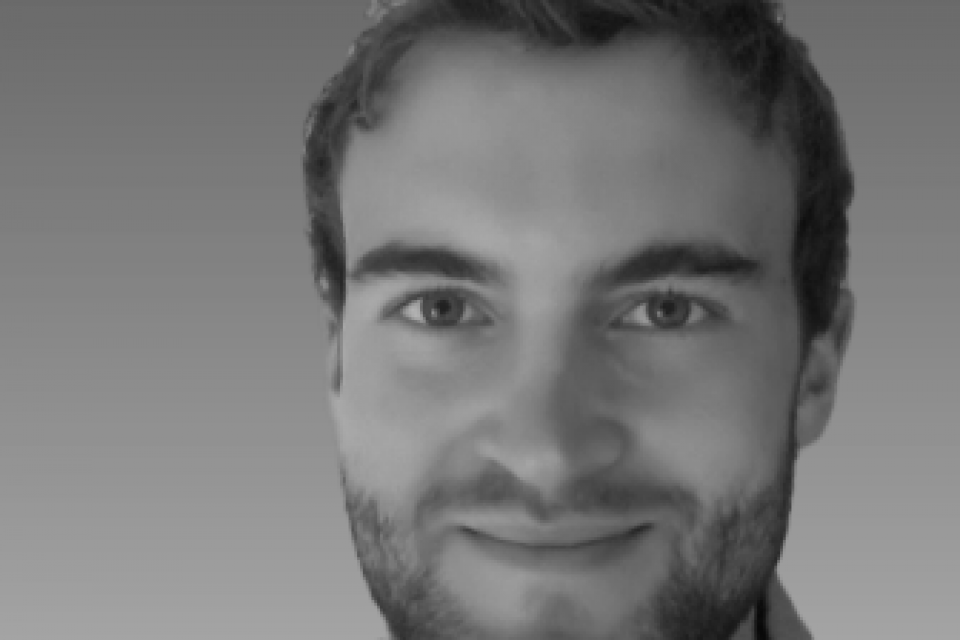Podcast: Play in new window | Download

What is the connection between sleep and body composition? How does lack of sleep over just one night or a build-up of sleep debt affect weight loss, weight gain, weight management, and building muscle mass? Find out as sleep scientist Dr. Greg Potter shares the answers found in various studies.
Topics Discussed in this Episode:
- What are some of the identified genetic barriers to sleep?
- How can we identify whether we are meeting our sleep needs?
- What are the benefits that we get from sleep?
- What happens when we don’t get enough sleep?
- What is the connection between sleep and body composition?
- What does sleep do in terms of helping us build lean muscle mass?
- Is there a connection between sleep and Alzheimer’s disease?
- How can we improve our sleep?
Key Takeaways:
- The benefits of sleep depend on the different stages of sleep that you’re looking at.
- Sleep has evolved for many different reasons, and when one’s sleep is disrupted, there is almost no aspect of one’s biology that is not impaired by that lack of sleep.
- There is a large variability in susceptibility to the negative effects of sleep loss among individuals.
- One study has found that people who were short sleepers have 45% higher odds of developing obesity in the coming years.
- Sleep is essential for any kind of weight loss program. Restricting sleep tends to increase one’s calorie intake by 385 calories per day.
- Most people need 7 to 9 hours of sleep, but it’s the composition of that sleep that’s as important as the duration. It should be roughly 50% light, 25% deep and 25% REM sleep.
- The more activity you do during the day, both mental and physical, the more likely you are to experience the beneficial effects of deep sleep at night.
Action Steps:
- Make sure you get enough sleep.
- Track your sleep and recovery with an OURAring.
- Get enough bright light exposure during the day.
- Engage in lots of physical activity.
- Have a routine before going to bed.
- Filter out the blue light coming from your gadgets and block out any extraneous lights when sleeping.
- Make sure your bedroom temperature is cool, but raise your skin temperature before going to bed with a warm shower.
- Block out any noise from outside.
- Go to bed neither too hungry nor too full.
- Cut down your caffeine and alcohol intake. Don’t consume any caffeine at least 9 hours before sleep.
Dr. Greg Potter said:
“Exactly why we sleep is a really important question that we still don’t necessarily have a really good handle on.”
“Sleep is a dynamic process, it’s not as if you always need 8 hours of sleep.”
Thanks for listening!
If you’re interested in finding out what your health IQ is, take the Health IQ test to find out, and get a free 39-page report built around our six signals, which are sleep, mental health, energy, body composition, digestion, and fitness.
If you’ve enjoyed what you’ve heard on this episode and it’s added value to you, share the episode with someone you think could benefit from it. And don’t forget to leave a rating or a review and subscribe on Apple Podcasts.
Links to things we discuss in the show:
Why We Sleep: Unlocking the Power of Sleep and Dreams by Matthew Walker
OURAring – use the promo code BODYSHOTOURA and get a $50 discount
humanOS – use the promo code REMOVETHEGUESSWORK and get 1 month for only $1
More from Dr. Greg Potter:
More from Leanne Spencer:
Bodyshot Performance Limited Facebook page
Remove the Guesswork BOOK by Leanne Spencer
Rise and Shine BOOK by Leanne Spencer


